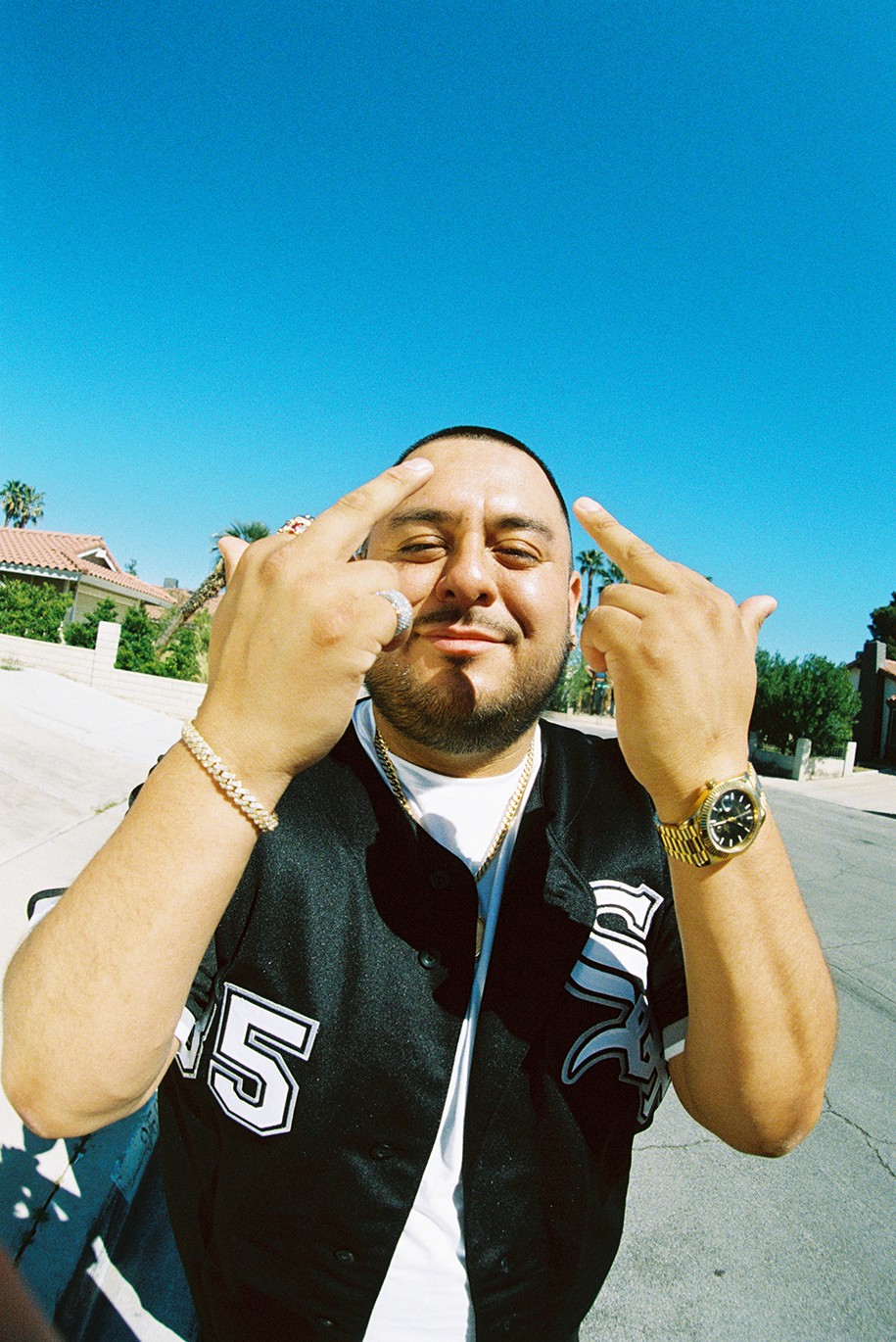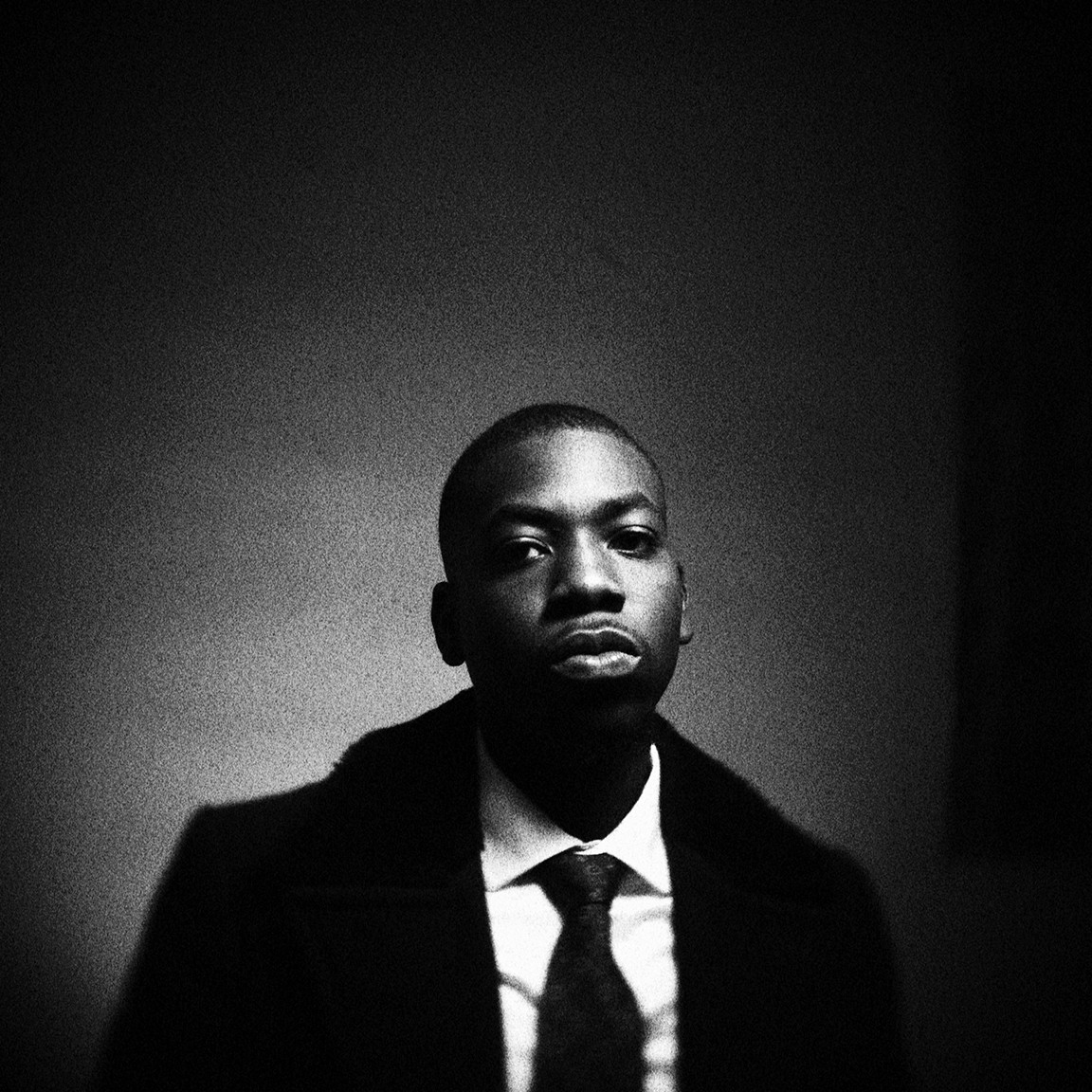Exclusive Interview
Jul 16, 2024
Produced by: Andrej Aroch
Edited by: Andrej Aroch
Jakob ‘Yakob’ Rabitsch – Grammy-Nominated Producer on R&B, 6lack, and Advice for European Creators
Jakob ‘Yakob’ Rabitsch, a multi-Grammy nominated producer, artist, and composer from Austria, has significantly impacted the music industry through his work with acclaimed artists such as 6lack, SZA, Giveon, Lauv, and UMI. This article delves into Yakob's musical journey, starting from his early influences in Vienna to becoming a prominent producer. We explore his early experiences, his education at Berklee College of Music, and the unique path that has shaped his signature sound. Additionally, Yakob shares his insights on transitioning from commercial music production to R&B and offers valuable advice for aspiring producers aiming to make their mark in the industry.
"R&B was always a genre I loved and felt connected to"
- Yakob
Can you tell us about your early musical influences and how growing up in Vienna shaped your musical journey?
I grew up in a very musical family. My dad is a keyboard player and producer, and my uncles were in bands. Music was always a part of daily life. My first instrument was the piano, which I started playing around age 7. Like many kids in Vienna, I began with classical piano, and that was my start into making music.
Can you tell us about your experience before attending Berklee College of Music?
Before Berklee, I attended Musikgymnasium Vienna, a music high school focused on classical music. By then, my passion was shifting towards jazz, so I started jazz lessons around age 15. This opened up my ears to new patterns and sound, sparking my love for the genre.
I participated in Berklee's five-week summer program before graduating high school, which gave me a taste of Berklee life. At the end of the program, I auditioned for scholarships, and when I received one that made the prospect of going there full-time a possibility, I decided to enroll in Berklee's undergraduate program.
Do you think it is important to have a musical university or formal education to work in the industry?
No, I don't think it's necessary, but it can be very helpful. One key benefit is the people you meet often become lifelong collaborators. Being in an environment surrounded by passionate music lovers is incredibly motivating and inspiring.
Formal education helps you find your niche in the vast field of music. It can guide you to discover what you’re truly passionate about. Additionally, having a classical background has been beneficial in my career. It equips you with skills and confidence for various roles, like conducting or arranging, that are harder to gain outside of a music university.
This training has also helped me when working with musicians who haven't had formal music education, because I’d be able to help them realize their creative vision. It allows you to recognize and develop the sounds needed for different musical environments, making you a valuable asset in the industry.
After graduating from Berklee College of Music, you started producing music for commercials and other audiovisual content. How did this experience influence your music production career?
Writing for advertisements served multiple purposes for me. Initially, after moving to LA, I needed a steady income. At that time, creating music for ads was one of the few middle-class music jobs that were still available. It allowed me to pay the bills while staying creative.
This experience taught me a lot about producing and writing across different genres. One day, I might create an orchestral piece for a pharma commercial, and the next, a heavy metal cover of a children's song. This variety kept things exciting and helped me become proficient in multiple genres.
Additionally, working in advertising required quick turnarounds, often within a couple of hours. This pressure taught me to work fast and not be overly attached to every idea. Before this job, I was a perfectionist, often reluctant to release my work. The fast-paced environment of commercial music helped me learn to let go and understand that a 99% perfect piece is often good enough to be put out into the world. This was a challenging but crucial lesson, as it made me realize that the final 1% of refinement was usually unnoticed by anyone but me, and most likely just in my head.

Do you primarily use analog synthesizers and live instruments in your productions, or do you also incorporate samples and digital plugins?
It's a mix for me. I often sample myself, playing real instruments or singing to create unique sounds. When writing songs with artists, it usually starts on an instrument. For making beats, I use a combination of soft synths and analog synths, depending on the day.
To keep my sound fresh and avoid repetition, I frequently change up how I start an idea. This helps prevent my beats from sounding too similar and keeps the creative process exciting.
What is your favorite piece of hardware to use in the studio?
One of my favorites is the Minimoog Model D, which I use frequently as my bass synth. I've also been playing a lot of live bass on my productions, which I picked up through trial and error.
Another favorite is my Yamaha U3 upright piano. Furthermore, my Wurlitzer has become a staple in many of my productions. I also like to switch out gear regularly to keep things fresh and avoid starting with the same patch every time.
What’s your message to upcoming hip-hop producers from Europe who aren’t necessarily in the epicenter of hip-hop like LA? What advice would you give them on connecting with artists?
Even if you're not in a major music city, there are several ways to build a successful career. Focus on creating unique sounds, loops, and beats, and share them with other producers, artists, or managers. Modern technology, including AI, allows you to create decent demo vocals without being an amazing singer yourself.
Remember, Europe has a substantial music market. Countries like Germany and France offer great opportunities, and you can have a successful career without relocating to the U.S. Find and collaborate with local talent, and build something together. Look at successful partnerships like Missy Elliott and Timbaland—they weren't in LA or New York but developed a distinctive sound that influenced the music industry for over a decade.
It's important to value and focus on the talent you have access to right now. Work with those currently around you rather than constantly aiming for distant, high-profile collaborations. Building strong, creative relationships locally can be just as valuable as big-name projects.
Understand the importance of music equity, including owning master points and other rights. Collaborate with artists you believe in, and grow together. In the streaming era, having a few significant cuts might not be enough to sustain a career, so focus on building something lasting and impactful with the talent you have access to.
Follow Yakob on Instagram: @yakob
More Blog Posts
See our latest blogs














